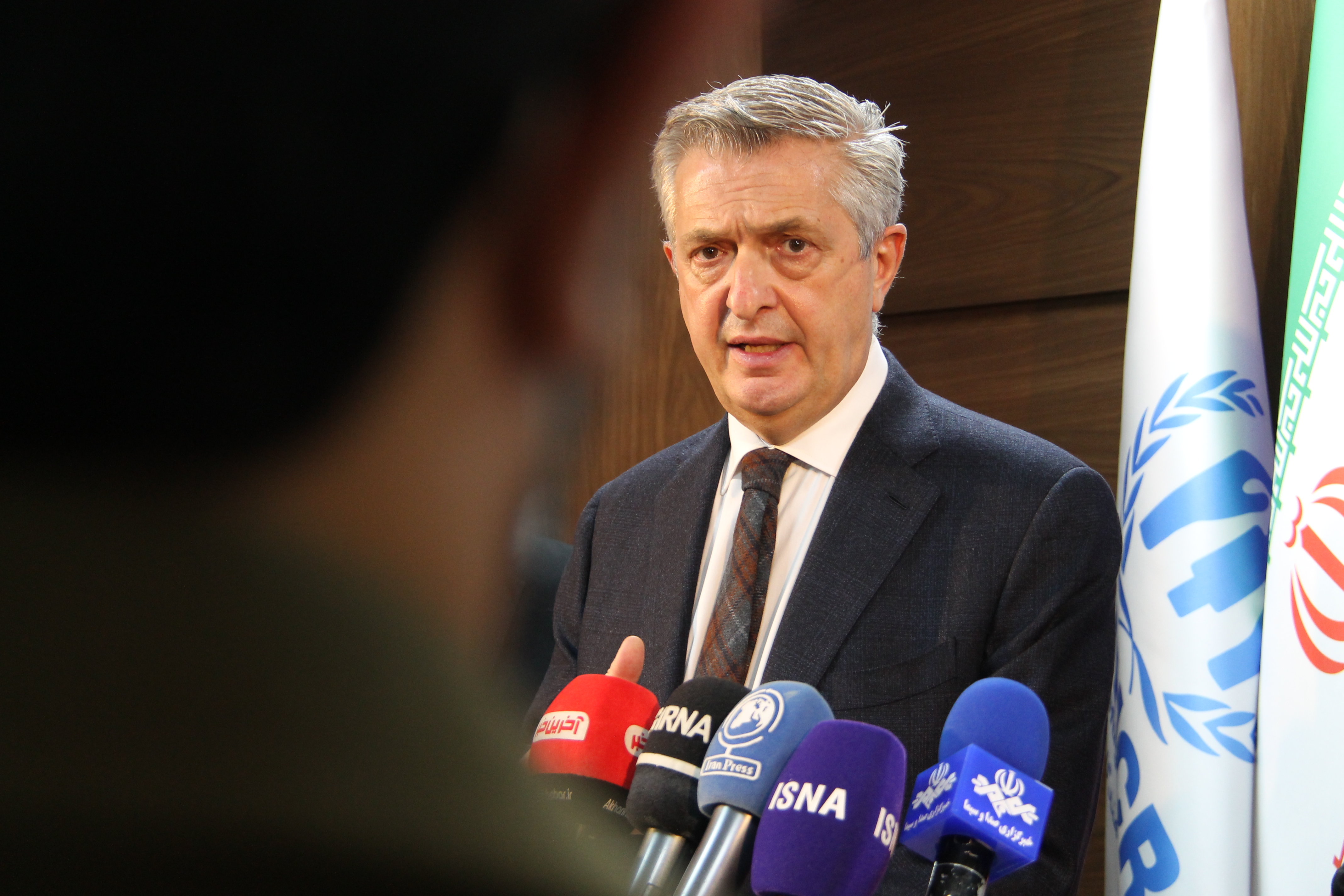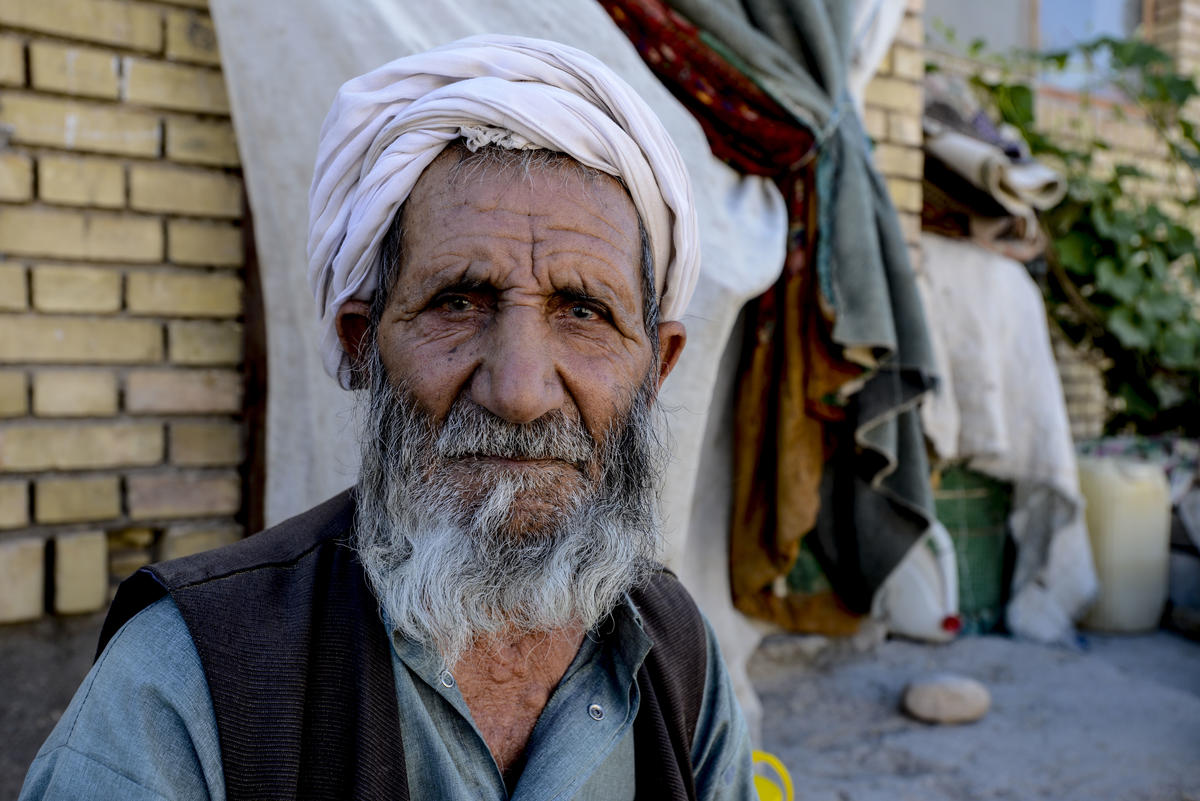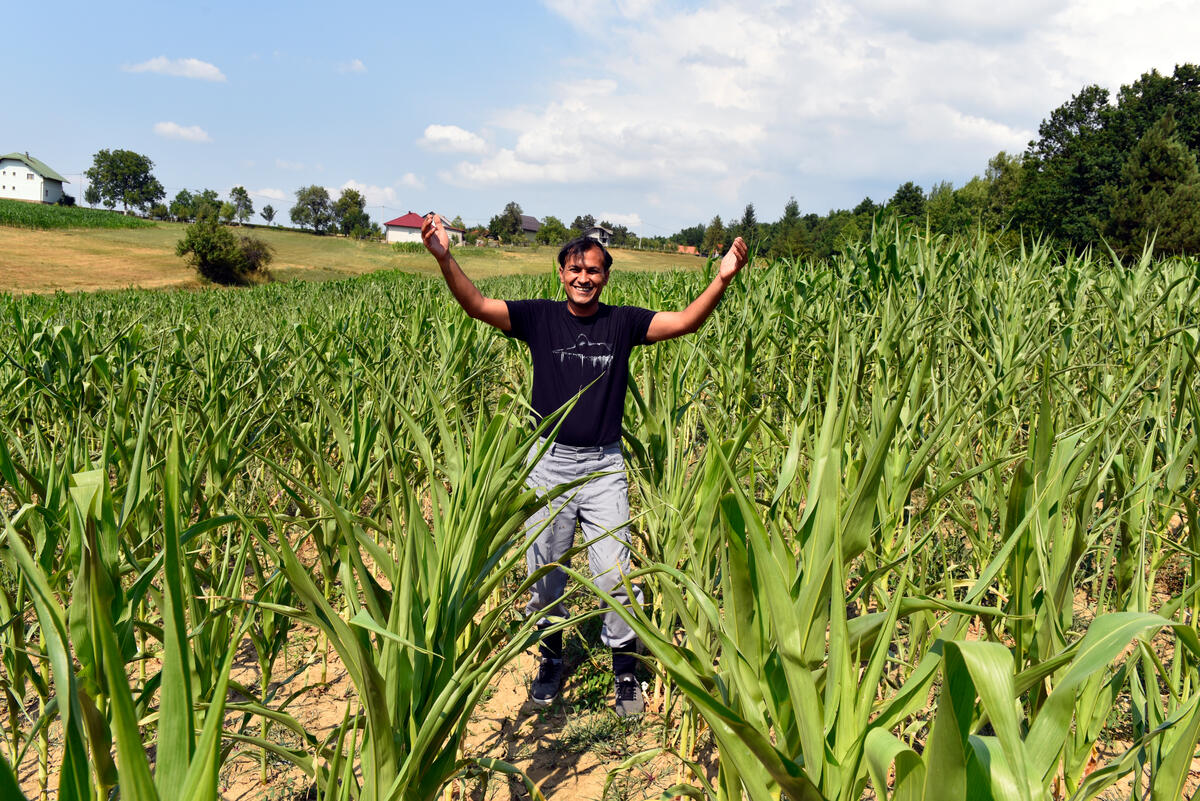Nobel Peace Prize winner writes book on Iranian refugee law for UNHCR
Nobel Peace Prize winner writes book on Iranian refugee law for UNHCR

LONDON, United Kingdom, June 10 (UNHCR) - Nobel Peace Prize laureate Shirin Ebadi has published a book on legal structures in Iran that she hopes will encourage other human rights activists in the Islamic world to work for the protection of refugees.
"Through this book, I would like to show that there is nothing embedded in the tradition of Islamic states that could prevent them from upholding basic human rights for refugees," she said in London after the launch Friday of the English-language and revised edition of "Refugee Rights in Iran."
"I hope that this becomes an exemplary work for other refugee rights advocates in Islamic states and others to work on bringing the legal framework to protect refugee rights in their own countries into the light," said the Iranian lawyer.
"Refugee Rights in Iran" is the outcome of a long collaboration between Ebadi, winner of the 2003 Nobel Peace Prize, and UNHCR in Iran. An initial Farsi-language version was produced with cooperation from UNHCR in 1994 and was used for years as a protection handbook by the UN refugee agency.
But plans to translate it into English lay dormant until the project was revived in 2006. Ebadi revised the original Farsi text and had it translated into English, donating her rights from it to UNHCR for the benefit of Afghan and Iraqi refugee children. The project was funded by the Norwegian government.
It is designed to serve as an essential reference for anyone promoting refugee rights in Islamic states and helping to formulate refugee law. She shows there is no inherent legal obstacle in Islamic states to refugees enjoying their full human rights.
The English version, she said after last Friday's book launch, will make the legal lessons learned in the Iranian context available to a wider audience and generate greater understanding of the region's long-standing refugee situations.
"I see books which are not translated into other languages to cross borders as birds in a cage. My book for refugees was like a caged bird too," she said. "And now it is liberated, reaching out to a wider audience."








